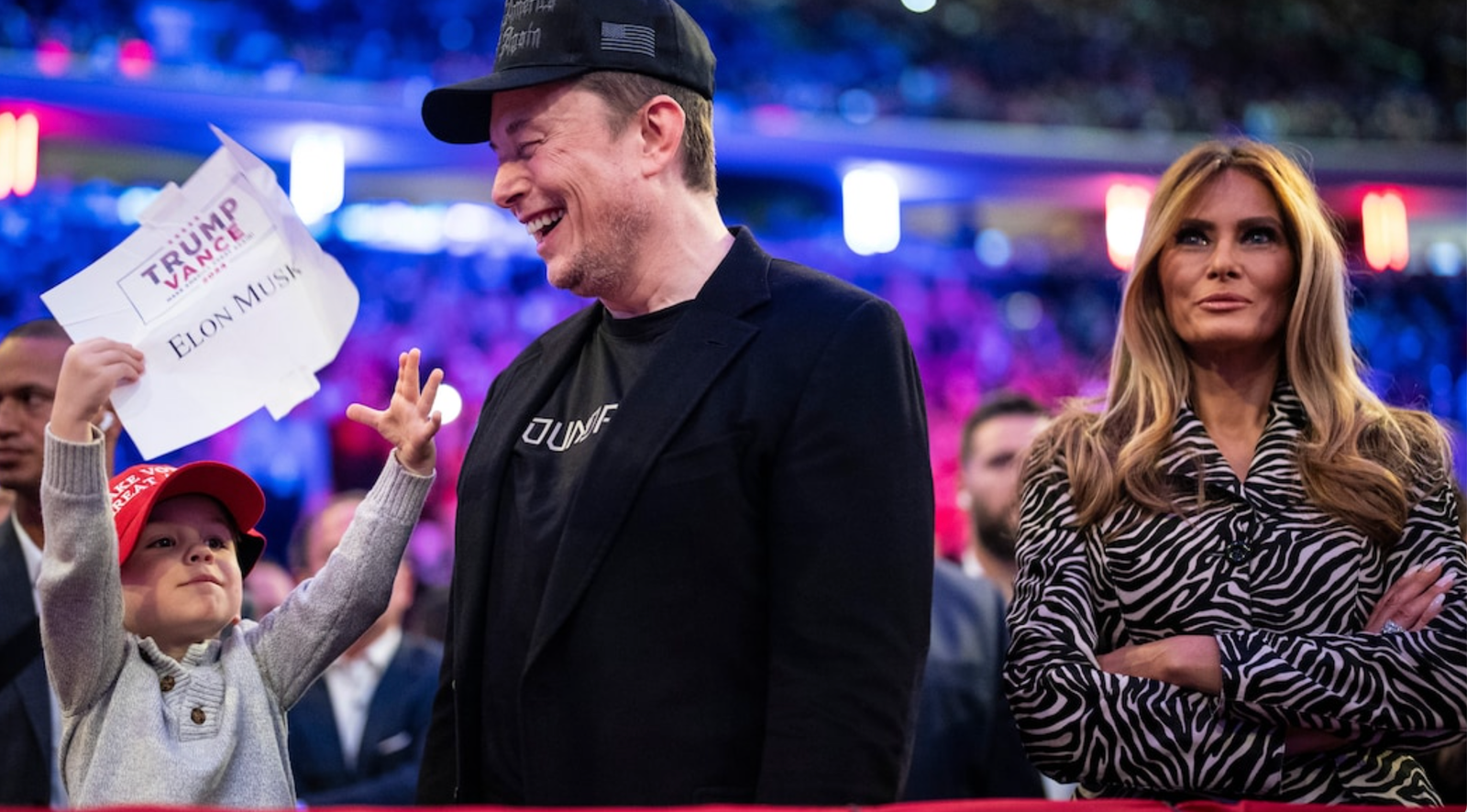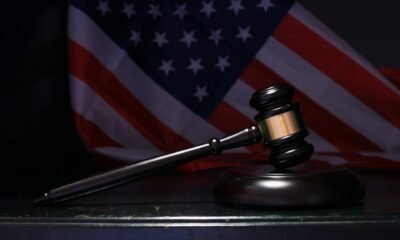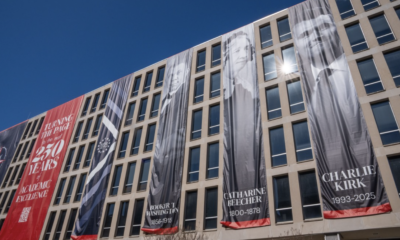News
‘Elon is Not a Nazi, But…’ – Ex-Friend Philip Low’s Explosive Claims Shake the Internet
In a recent LinkedIn post, Dr. Philip Low, a neuroscientist and former close associate of Elon Musk, offered a critical perspective on Musk’s character and recent actions. Dr. Low, who has known Musk for over 14 years, began by clarifying, “Elon is not a Nazi, per se.” He elaborated that while Nazis believed an entire race was superior, Elon Musk believes he himself is superior to everyone else. Dr. Low emphasized that Musk’s current demeanor reflects a belief that he possesses all the solutions, a shift from earlier times when he acknowledged his own technical limitations.
Dr. Low recounted their past interactions, highlighting shared personal histories and mutual experiences. He noted that Musk used to confide in him about personal matters, including relationship issues, and that they spent considerable time together socially and professionally. Musk even invested in NeuroVigil, the brain-monitoring company founded by Dr. Philip Low in 2009.
Elon Musk Responds to Backlash Over Controversial Gesture at Trump Rally
The neuroscientist expressed concern over Musk’s recent behaviour, particularly an incident where Musk made gestures during a rally celebrating President Donald Trump’s inauguration. These gestures drew comparisons to a Nazi salute, though interpretations varied. The Anti-Defamation League (ADL) stated that Musk “made an awkward gesture in a moment of enthusiasm” and that it was “not a Nazi salute.”
Dr. Philip Low proposed five reasons for Elon Musk’s actions:
Political Positioning: Musk was concerned that the “Nazi wing” of the MAGA movement, influenced by figures like Steve Bannon, might distance him from Trump, a position he desires to maintain.
Reasserting Power: Following criticism for agreeing with a Nazi sympathizer online, Elon Musk visited Israel and Auschwitz. He may have felt the need to reclaim his “power,” similar to his confrontational stance toward advertisers.
Personal Animosities: Musk harbours animosity toward specific individuals, including Sam Altman.
Thrill-Seeking: Musk enjoys provocative actions and is fully aware of the implications of his gestures.
Godfather of AI Nobel Prize Winner Dr. Geoffrey Hinton Regrets the Invention Ilya Sutskever OpenAI
Narcissistic Validation: He hoped the audience would mirror his gesture, demonstrating his control and increasing his leverage over Trump.
Dr. Phlip Low concluded by stating that while Musk is not a Nazi, his actions, including the controversial gestures, are “completely unacceptable.”
This critique from a former confidant adds to the growing scrutiny of Musk’s influence in political spheres. Recently, Elon Musk has been appointed to lead the Department of Government Efficiency (DOGE) under President Trump’s administration. This role has been met with both support and criticism, with some viewing it as a move toward necessary reform while others express concern over the consolidation of power.
Dr. Low’s insights provide a nuanced perspective on Musk’s motivations and actions, suggesting a complex interplay of personal beliefs, strategic positioning, and a desire for control. As Musk continues to play a significant role in both technological innovation and political discourse, such analyses contribute to a deeper understanding of his impact on contemporary society.












































Pingback: Kanye West’s “Heil Hitler” Song Sparks Outrage But Goes Viral